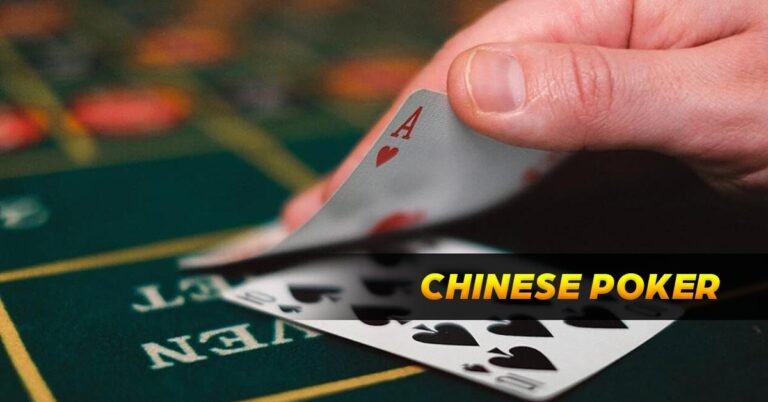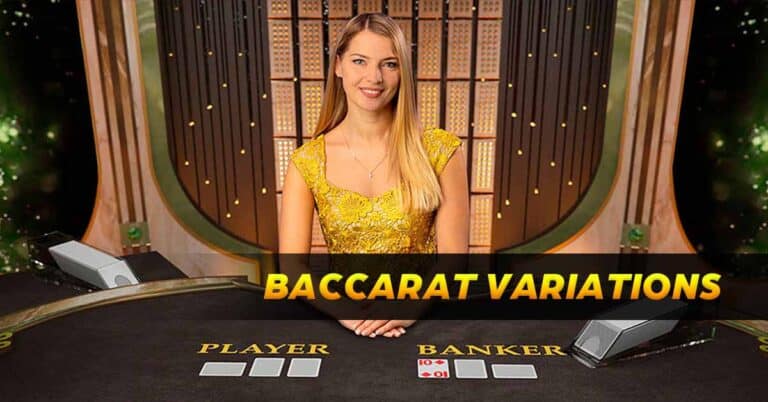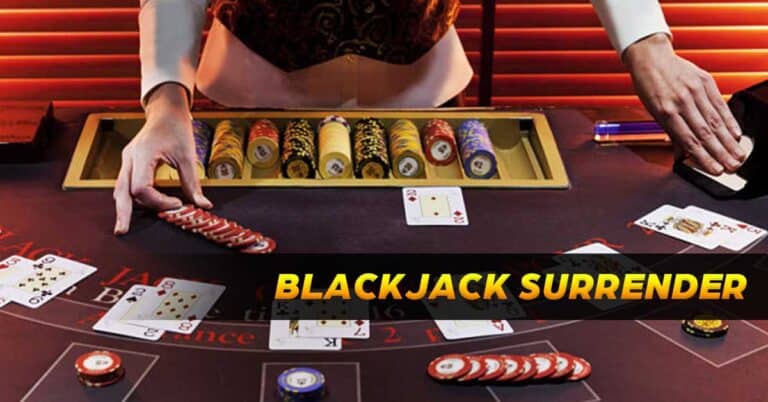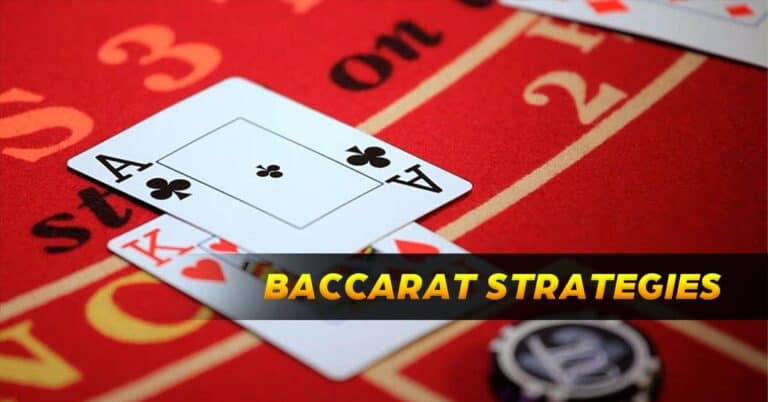Exploring How to Play Baccarat in Lodigame: Rules and Tips
Renowned for its simplicity and grace, Baccarat stands as a well-recognized card game within the realm of casino entertainment. Whether you’re a seasoned gambler or a novice looking to try your luck, learning how to play baccarat can be an enjoyable and rewarding experience. In this guide, we’ll walk you through the basic rules and strategies of baccarat, making it easy for you to join in the excitement at the baccarat table.
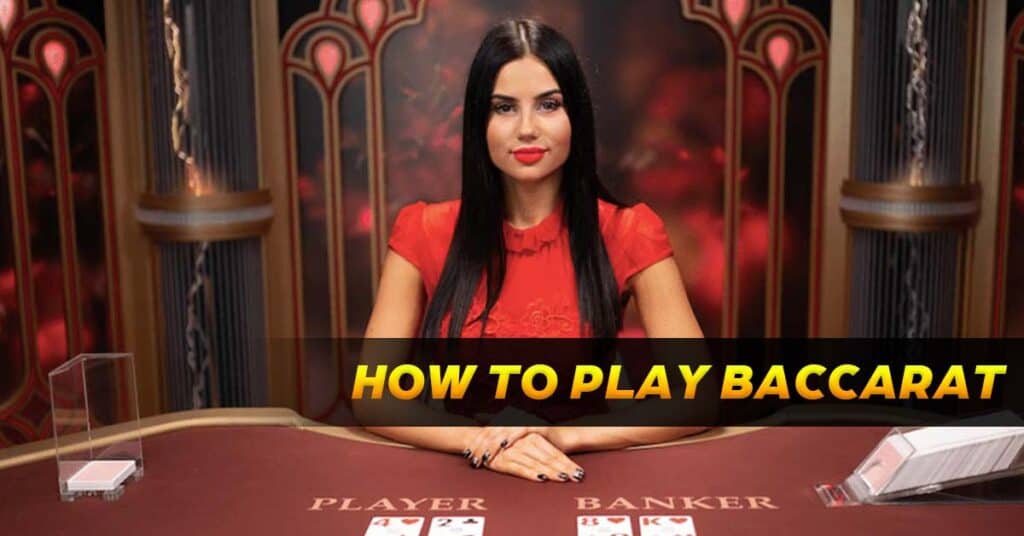
How to Play Baccarat: Understanding the Basics
Baccarat revolves around predicting the outcome of a hand, with two primary parties involved: the Player and the Banker. The objective is to bet on which hand will have a point total closest to 9. Players can place bets on either the Player’s hand, the Banker’s hand, or a Tie between the two.
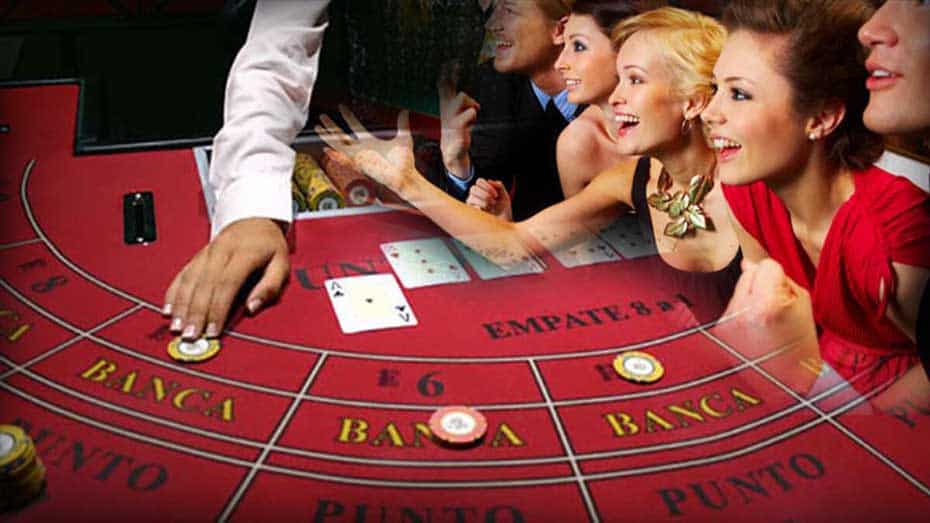
Card Values
In baccarat, cards have specific point values:
The value of a hand is the sum of the individual card values, but only the last digit of the sum is considered. For example, if a hand consists of a 7 and an 8, the total is 15, but the hand’s value is 5 (the last digit).
Dealing and Initial Bets
At the start of a baccarat round:
After the initial cards are dealt, a third card may be drawn for the Player’s or Banker’s hand, based on specific rules. The hand closest to 9, after factoring in the drawn card, wins the round.
Natural Win
Under distinct conditions, the occurrence of a “natural win” becomes a possibility:
In the case of a natural win, no further cards are drawn, and the hand with the natural win is declared the winner.
Push
A push occurs when both the Player and Banker hands have the same total. In this scenario, bets on the Tie and Player/ Banker bets are returned to the player, and no one wins or loses.
Commission on Banker Bets
When betting on the Banker’s hand and it wins, a 5% commission is typically applied on the winnings. This is due to the slightly lower house edge associated with Banker bets.
House Edge
Baccarat offers relatively low house edges compared to many other casino games. The house edge on Player bets is approximately 1.24%, while the Banker bet comes with a slightly lower house edge of around 1.06%. The Tie bet usually has a higher house edge, making it a riskier option.
Types of Bets
Baccarat offers several types of bets, each with its own set of rules, payouts, and level of risk. Understanding these bet types is essential for making informed decisions at the baccarat table.
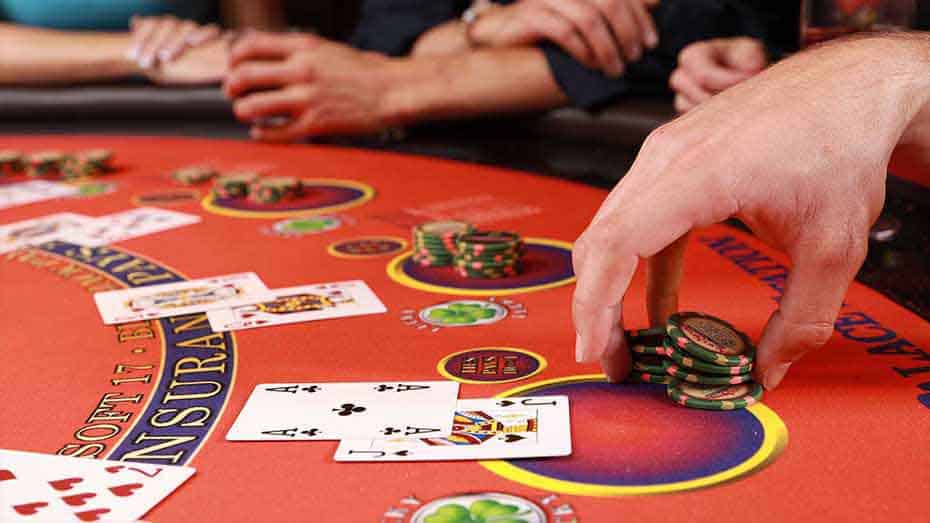
Player Bet
The Player bet involves placing a wager on the Player’s hand to win. If the Player’s hand has a total closer to 9 than the Banker’s hand, the Player bet wins. Payouts for the Player bet are typically 1:1, meaning you’ll receive an equal amount to your wager if you win.
Banker Bet
The Banker bet involves betting on the Banker’s hand to win. The Banker’s hand is considered the most likely to win due to its slightly lower house edge. In case of a victory by the Banker’s hand, the typical payout also stands at 1:1. However, a 5% commission is usually charged on Banker bet winnings, which slightly affects the payout.
Tie Bet
The Tie bet is a wager that both the Player and Banker hands will have the same total points. This outcome is less likely, making the Tie bet riskier but more rewarding. Payouts for the Tie bet can vary but are often around 8:1 or 9:1, meaning a successful Tie bet could result in a significant payout. However, due to its lower probability, the Tie bet has a higher house edge.
Player Pair and Banker Pair Bets
Some baccarat tables offer additional side bets, such as the Player Pair and Banker Pair bets. These bets involve wagering on the initial two cards dealt to either the Player or the Banker forming a pair. For instance, if the Player’s first two cards are a pair of 8s, the Player Pair bet wins. Payouts for these bets can vary, often ranging from 11:1 to 25:1, depending on the specific casino rules.
Perfect Pair Bet
In some variations of baccarat, you might find the Perfect Pair bet. This bet involves predicting that either the Player or Banker will be dealt a perfect pair, which consists of two identical cards in both rank and suit. Payouts for Perfect Pair bets can be substantial, varying based on the rarity of the perfect pair.
Small and Big Bets
In some Asian variants of baccarat, such as EZ Baccarat, players can place bets on the total number of cards dealt to both the Player and Banker hands. The Small bet wins if a total of four cards are dealt, while the Big bet wins if five or six cards are dealt. These bets come with specific payout ratios, providing an additional layer of excitement.
Natural Win Side Bet
Certain casinos offer a side bet called the Natural Win bet, where players wager on the possibility of either the Player or Banker winning with a natural 8 or 9. Payouts for this bet vary depending on the specific casino rules.
Gameplay Flow
Here are the steps on how to play baccarat:

Dealing the Cards
The baccarat gameplay begins with the dealer distributing two cards each to the Player and Banker positions on the table. The cards are dealt face up, and their point values are immediately added together to determine the initial hand totals.
Drawing Rules
Whether a third card is drawn for the Player or Banker depends on the point total of their initial two-card hands:
Player’s Hand Drawing Rules:
Banker’s Hand Drawing Rules:
Determining the Winner
Once all cards have been drawn according to the rules, the hand with a total point value closest to 9 wins. If the Player or Banker’s total point values are the same, the result is a tie. Winning bets on the Player and Banker pay out at 1:1, but if you win a Banker bet, a 5% commission is typically deducted from your winnings. A winning Tie bet often yields higher payouts, but due to its lower likelihood, it comes with a higher house edge.
Settlement and Payouts
After determining the winner, bets are settled and payouts are made accordingly. The dealer collects losing bets and distributes winnings to the players who placed successful bets. The process is swift and efficient, maintaining the game’s pace.
Next Round
Once the previous round is concluded, a new round of baccarat begins. Players can place their bets on the Player, Banker, or Tie outcomes for the upcoming round. The game continues with this cycle of dealing, drawing, determining the winner, and settling bets until players decide to stop or the table’s predetermined number of rounds is reached.
FAQs
Conclusion
In conclusion, baccarat’s allure lies in its simplicity and elegance as a casino card game, offering both beginners and seasoned gamblers an enjoyable experience. With straightforward rules centering around predicting the hand closest to a point total of 9, baccarat invites players to choose between various bets, such as Player, Banker, Tie, and enticing side bets. Its low house edges and structured gameplay, involving card dealing, drawing, and determining the winner, contribute to its timeless popularity. Whether you’re aiming for the classic bets or exploring more adventurous options, baccarat’s blend of chance and strategy creates a captivating environment that encapsulates the thrill of casino gaming.





